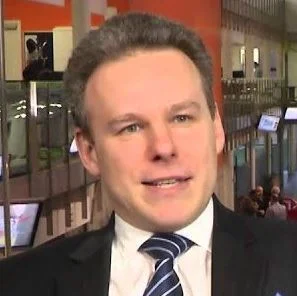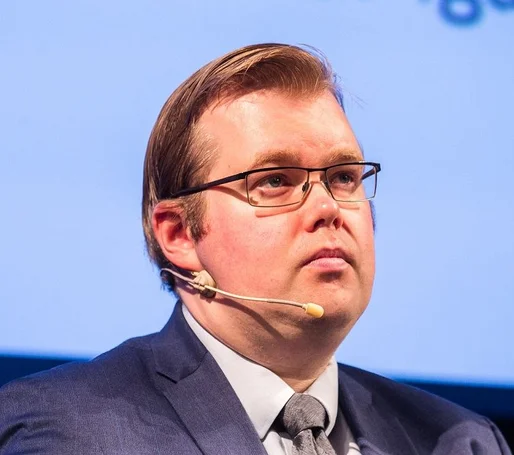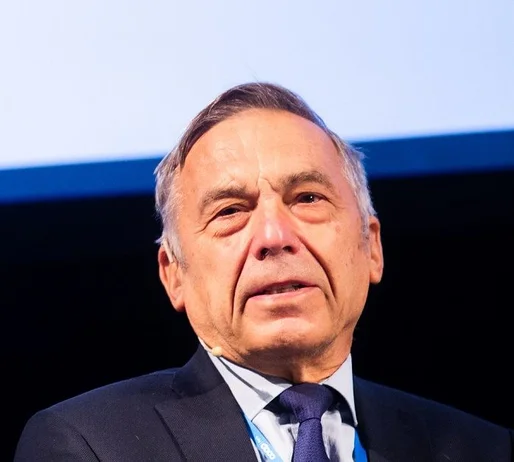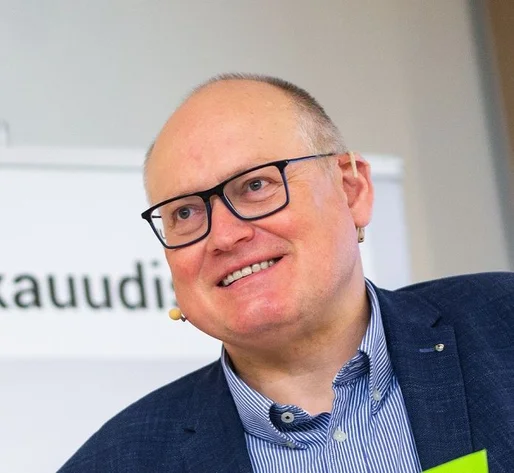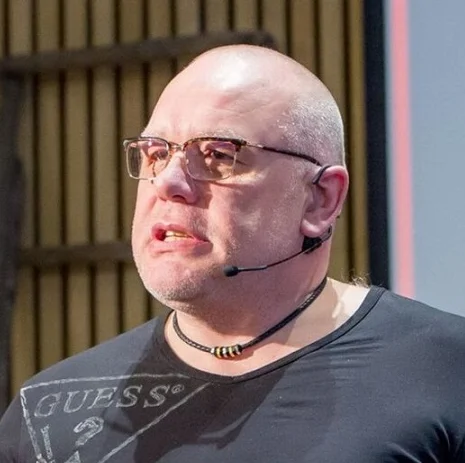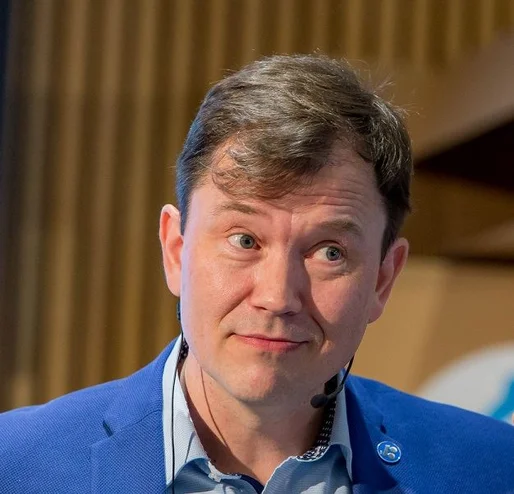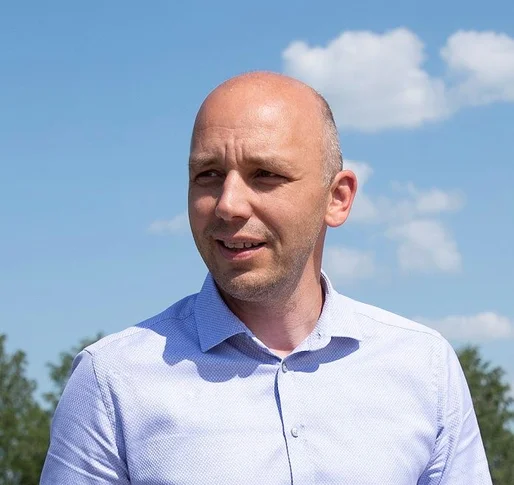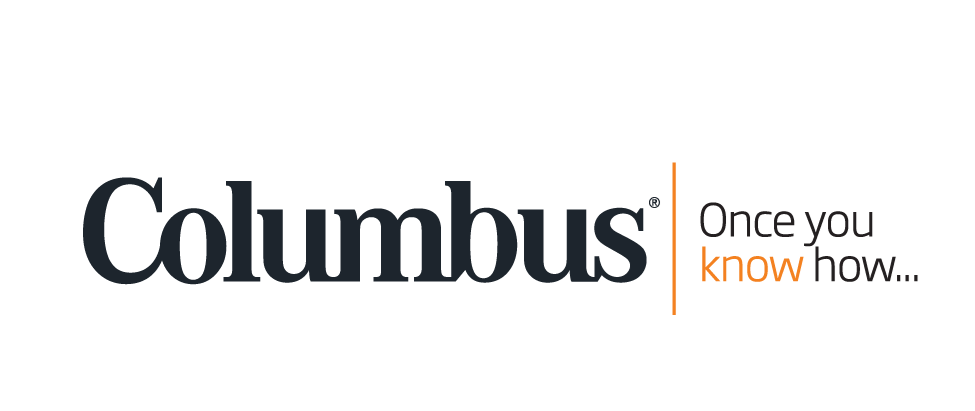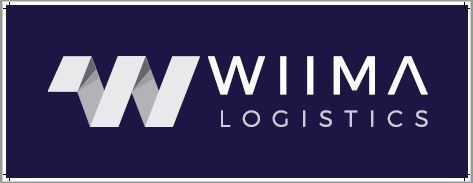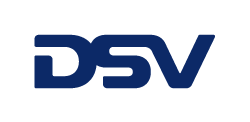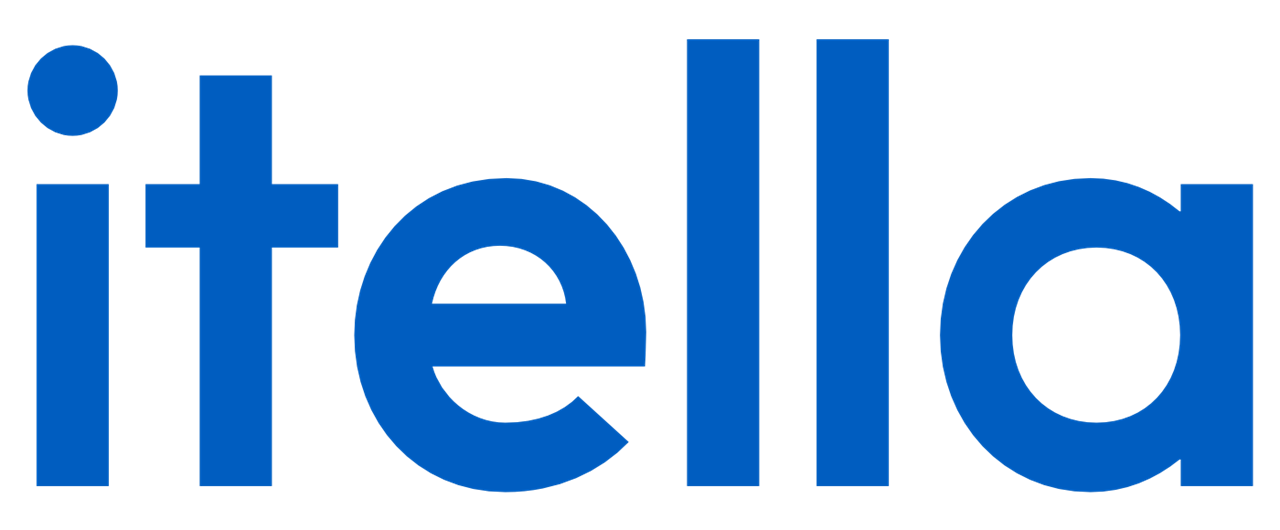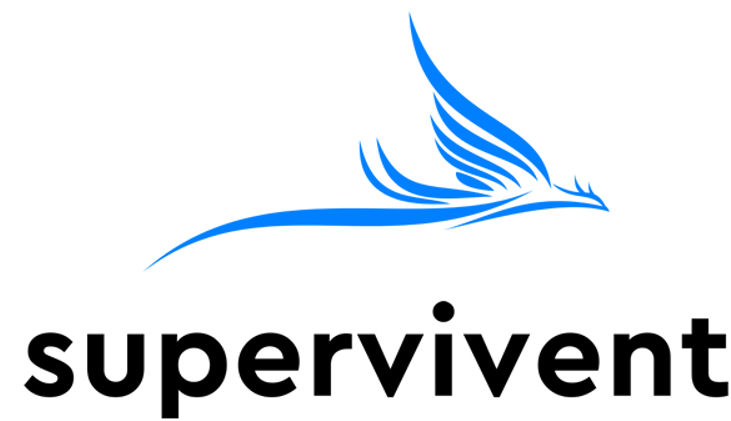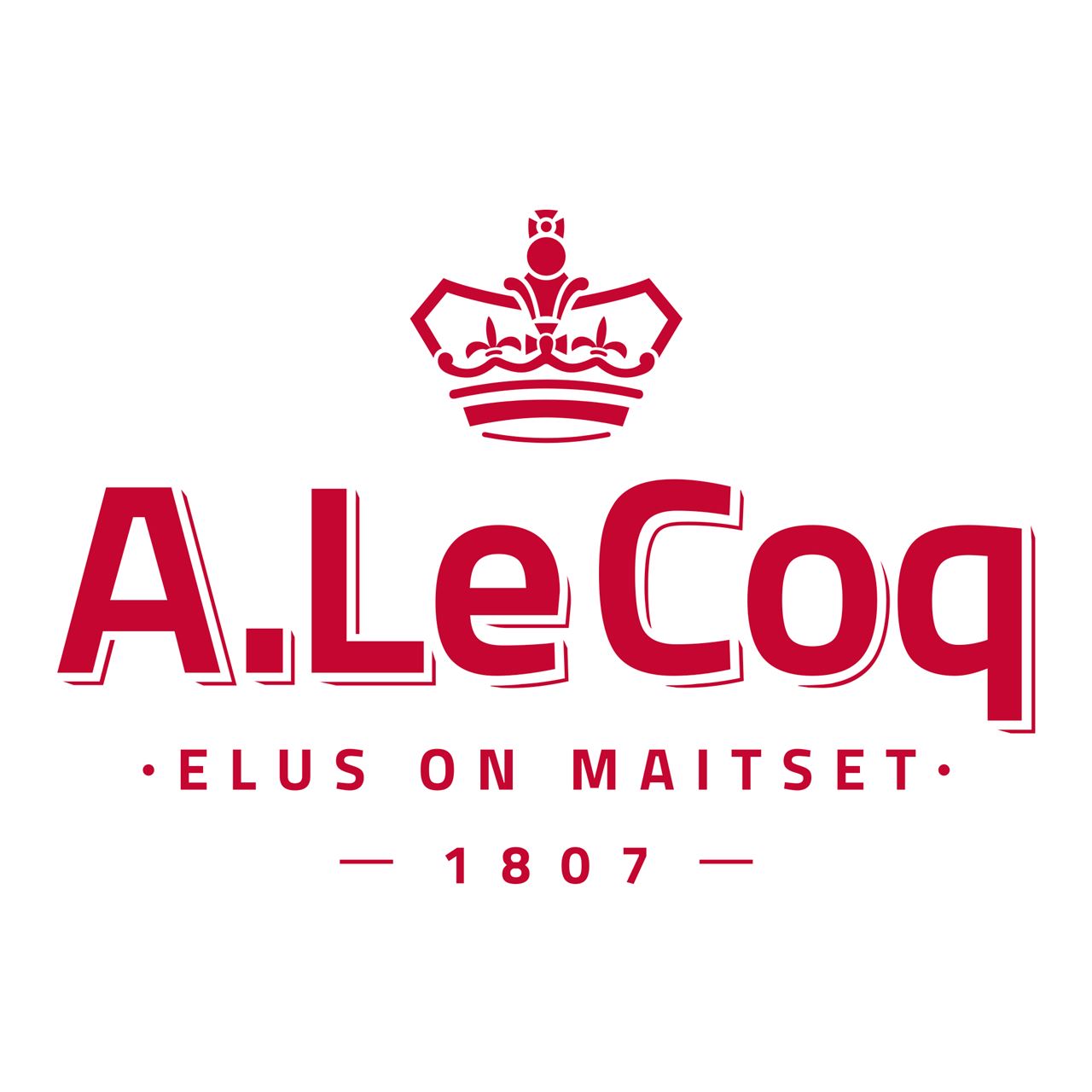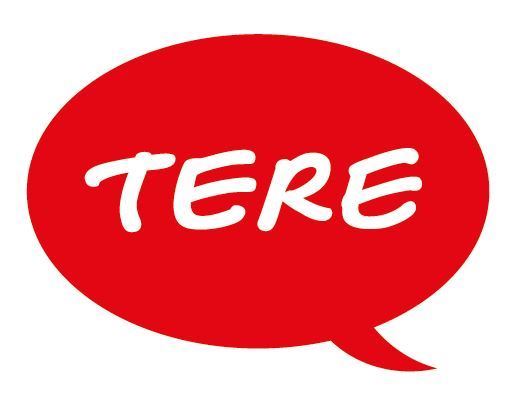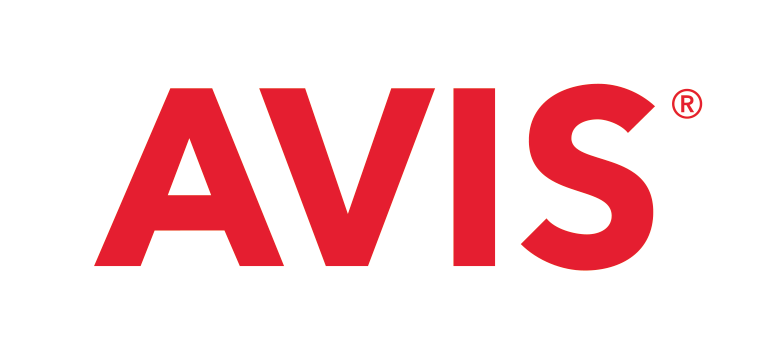Pärnu Supply Chain Conference 2021
Toimumiskoht:
Tartu Concert Hall Vanemuine
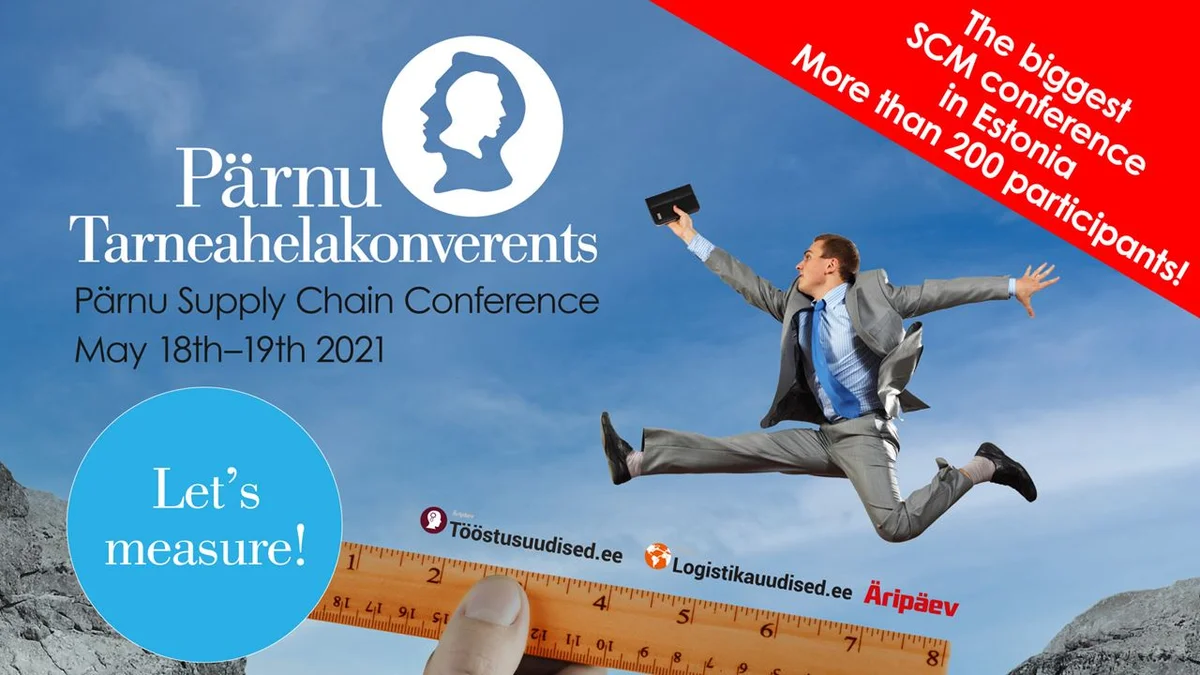
Please note that the DATE AND PLACE OF THE CONFERENCE HAVE BEEN CHANGED! The conference will be held in TARTU Concert Hall on September 9-10, 2021.
The 8th Pärnu Supply Chain Conference brings together people involved in the supply chain of different fields to share important trends, best practices and foster cooperation.
*
“What you don’t measure, you cannot manage,” and “What you measure, you will receive” are two slogans that every manager has come into contact with, either in the positive or negative sense. In March 2021, however, we will take a closer look at measuring the supply chain.
We will talk about choosing metrics and targeting; measuring aids, and the relationship between metrics and motivation. We will measure parts of the supply chain: purchase management, production organization, and logistics. We will also measure e-commerce and the supply chain as a whole.
In six sessions, we will move from the general to the specific, and will discuss:
- measuring the world economy;
- measuring supply chains;
- measuring the success of a company;
- measuring the success of supply chain fields.
In every field, we will provide you with the bigger picture, i.e., the best practices, and will listen to the stories of companies.
The program manager of the Pärnu Supply Chain Conference 2021 is Hele Hammer.
The Conference is moderated by top executive Tõnu Vanajuur.
The Pärnu Supply Chain Conference will be organized as a hybrid conference. You can view the Conference both on-site as well as online!
The working languages in the main hall are Estonian and English with simultaneous interpreting, which provides an excellent opportunity to come and participate with colleagues and partners from other countries. Workshops and company visits are without translation – you can find more detailed information on the program.
Please note that the schedule is subject to change.
Seoses COVID-19 viiruse leviku ja vabariigi valitsuse poolt kehtestatud piirangutega ürituste korraldamisel, kontrollime sissepääsul COVID-19 tervisetõendit või teisi osalema lubavaid dokumente. Palume kohale tulla ajavaruga. Lisainfo on ära toodud ka osalemistingimustes.
Additional information: Anu Soomets, [email protected]
We ask any companies interested in presenting their products and services to send a letter to the e-mail [email protected].
Esinejad
Programm

Toimumiskoht:
Tartu Concert Hall Vanemuine
Please note that the DATE AND PLACE OF THE CONFERENCE HAVE BEEN CHANGED! The conference will be held in TARTU Concert Hall on September 9-10, 2021.
The 8th Pärnu Supply Chain Conference brings together people involved in the supply chain of different fields to share important trends, best practices and foster cooperation.
*
“What you don’t measure, you cannot manage,” and “What you measure, you will receive” are two slogans that every manager has come into contact with, either in the positive or negative sense. In March 2021, however, we will take a closer look at measuring the supply chain.
We will talk about choosing metrics and targeting; measuring aids, and the relationship between metrics and motivation. We will measure parts of the supply chain: purchase management, production organization, and logistics. We will also measure e-commerce and the supply chain as a whole.
In six sessions, we will move from the general to the specific, and will discuss:
- measuring the world economy;
- measuring supply chains;
- measuring the success of a company;
- measuring the success of supply chain fields.
In every field, we will provide you with the bigger picture, i.e., the best practices, and will listen to the stories of companies.
The program manager of the Pärnu Supply Chain Conference 2021 is Hele Hammer.
The Conference is moderated by top executive Tõnu Vanajuur.
The Pärnu Supply Chain Conference will be organized as a hybrid conference. You can view the Conference both on-site as well as online!
The working languages in the main hall are Estonian and English with simultaneous interpreting, which provides an excellent opportunity to come and participate with colleagues and partners from other countries. Workshops and company visits are without translation – you can find more detailed information on the program.
Please note that the schedule is subject to change.
Seoses COVID-19 viiruse leviku ja vabariigi valitsuse poolt kehtestatud piirangutega ürituste korraldamisel, kontrollime sissepääsul COVID-19 tervisetõendit või teisi osalema lubavaid dokumente. Palume kohale tulla ajavaruga. Lisainfo on ära toodud ka osalemistingimustes.
Additional information: Anu Soomets, [email protected]
We ask any companies interested in presenting their products and services to send a letter to the e-mail [email protected].
Programm
Lisainfo
Konverentsi materjalide ja sisu kopeerimine, salvestamine, reprodutseerimine või levitamine on ilma AS Äripäeva kirjaliku nõusolekuta keelatud.
Korraldaja võib üritusel teha pilte, videoid ja helisalvestisi ning jagada neid nii osalejatega kui ka avalikes meediakanalites, samuti kasutada sarnaste ürituste turundamiseks.
Täpsemat teavet andmete kasutamise kohta leiab Äripäeva Privaatsustingimustest.
Reklaam
Kui soovite tutvustada oma ettevõtet konverentsil, siis võtke ühendust [email protected] või 667 0105.
Tühistamisinfo
Palume teatada mitteosalemisest kirjalikult vähemalt 10 tööpäeva enne ürituse toimumist aadressil [email protected] .
Sellisel juhul tagastame laekunud osalustasu või tühistame veel tasumata arve.
Kui teatate mitteosalemisest 5-9 tööpäeva enne konverentsi kuulub tasumisele 50% arvest.
Kui teatate mitteosalemisest hiljem või unustate teatada, osalustasu ei tagastata ja tasumisele kuulub 100% arvest.
Asukoht ja kontaktid
Aadress
Tartu Concert Hall Vanemuine
